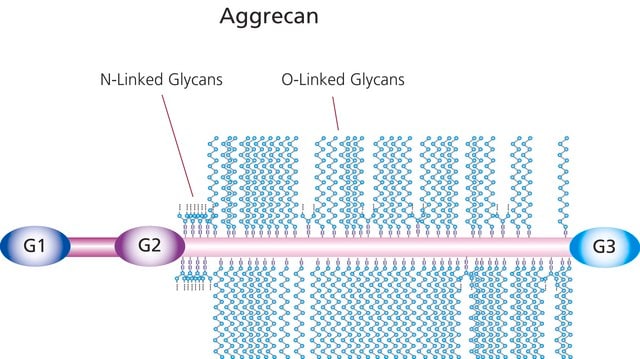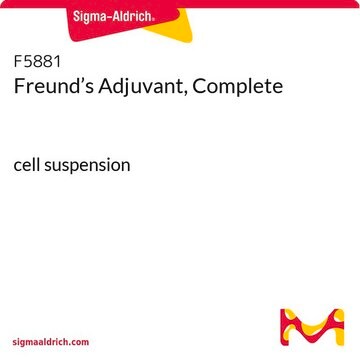Fontos dokumentumok
B8041
Biglycan from bovine articular cartilage
essentially salt-free, lyophilized powder
About This Item
Javasolt termékek
biológiai forrás
bovine articular cartilage
Minőségi szint
Forma
essentially salt-free, lyophilized powder
molekulatömeg
200-350 kDa
kiszerelés
glass bottle of 0.5 mg
technika/technikák
cell culture | mammalian: suitable
oldhatóság
water: soluble ≥2.00 mg/mL, clear, colorless
UniProt elérési szám
kiszállítva
dry ice
tárolási hőmérséklet
−20°C
Géninformáció
cow ... BGN(280733)
Általános leírás
Biokémiai/fiziológiai hatások
Komponensek
Vigyázat
Elkészítési megjegyzés
Tárolási osztály kódja
11 - Combustible Solids
WGK
WGK 3
Lobbanási pont (F)
Not applicable
Lobbanási pont (C)
Not applicable
Egyéni védőeszköz
Eyeshields, Gloves, type N95 (US)
Válasszon a legfrissebb verziók közül:
Már rendelkezik ezzel a termékkel?
Az Ön által nemrégiben megvásárolt termékekre vonatkozó dokumentumokat a Dokumentumtárban találja.
Az ügyfelek ezeket is megtekintették
Cikkek
Uncover more about glycosaminoglycans and proteoglycans including the structure of glycosaminoglycans (GAGs), the different types of GAGs, and their functions.
Glycosaminoglycans are large linear polysaccharides constructed of repeating disaccharide units.
Tudóscsoportunk valamennyi kutatási területen rendelkezik tapasztalattal, beleértve az élettudományt, az anyagtudományt, a kémiai szintézist, a kromatográfiát, az analitikát és még sok más területet.
Lépjen kapcsolatba a szaktanácsadással









